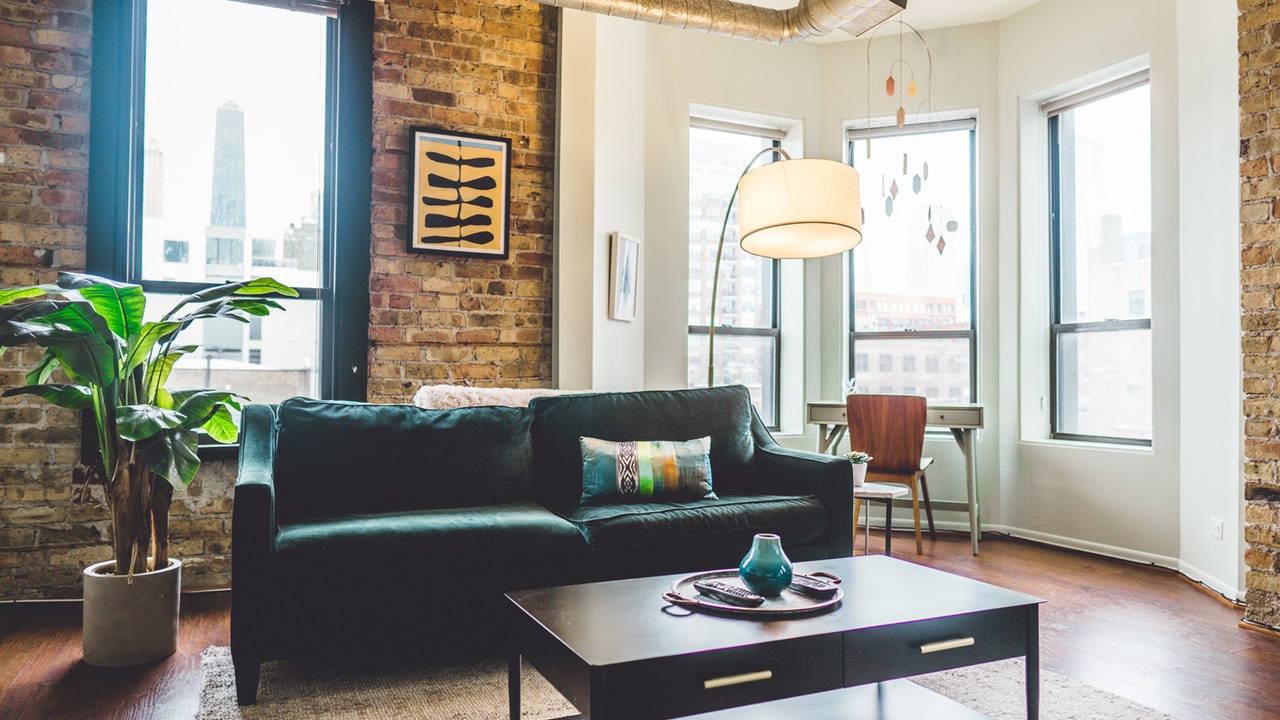As a landlord, you must follow certain rules and regulations to stay compliant with the law. Primarily, you’re required to maintain a safe and habitable living space for your tenants. The exact guidelines vary from state to state, but common sense and good intentions should help you make the right decisions.
Every landlord should be conducting regular safety inspections on every rental property. Once a year should be enough in most cases, but doing it twice a year will give you extra peace of mind. You should also inspect your properties after someone moves out to make sure it’s safe for the next tenant. Keeping good tenant and management records with software such as Turbo Tenant will help you stay on top of everything you need to do. Also, keep a checklist of everything that needs to be checked each time, and be sure to include the following items.
The smoke alarms are in working order
Not every state requires smoke alarms in all of your rental properties, but it’s still a good idea to install them. Smoke alarms are some of the easiest and cheapest devices you can use to protect a home and the people in it. According to the National Fire Protection Association, fire spreads much faster with today’s modern furnishings “than it did in the past when more natural materials were used.”
In the states that do require smoke alarms, you will need to check whether they have placement requirements. But the NFPA suggests that they be placed in every room where people sleep, as well as outside of those rooms on every level, and larger homes should have more. Other requirements include installing one at the foot of the stairs in a basement, at least 10 feet away from cooking appliances, and away from doors and windows.
Once you’ve installed the alarms, you’ll need to test them regularly by pressing the red button. Most of them are designed to chirp when the battery is low, but it’s still a good idea to test them yourself. It’s also wise to ask your tenants to test them once a month themselves and to let you know if it does begin to chirp so you can replace the batteries.
The property is reasonably free from pests
The occasional bug or spider is expected in the home now and then, but an infestation is unacceptable. Rodents and insects can carry diseases and bacteria that make an environment unsafe if not controlled. While most state laws don’t stipulate that a landlord must maintain pest control standards, it’s one of those areas that’s implied by requiring safe and habitable conditions. This means that if you allow your properties to become infested, you’ll probably lose any lawsuit that might come up because of it if you were aware of the problem. However, even though it’s up to you, you can stipulate in the lease that your tenants will have to pay for it. But to make sure it gets done, most landlords go ahead and schedule it, either paying for it themselves or including a small monthly fee in the rent to cover it. Leaving it up to the renters is never a good idea, because if they fail to do it and allow an infestation, you’ll then have much bigger problems to deal with.
The home is secure
One stipulation that is common in all states is that your tenants are able to secure the property. All this means is that they have a way to lock all entrances into the home, but some states are even stricter than that. Texas law, for example, states that every rental property must have a keyless entry device and a door viewer on exterior doors. It also states that sliding doors must have security bars and sliding door pin locks.
In every state, it’s mandatory that the landlord pays for broken locks if they become worn out from normal wear and tear or if they’re broken by an intruder. Some states also require you to install new exterior locks between tenants. Wherever your property is, it’s important to know the laws well. Not only will these things keep your tenants safer, they could also help you avoid a lawsuit for a forced entry caused by your failure to comply.

